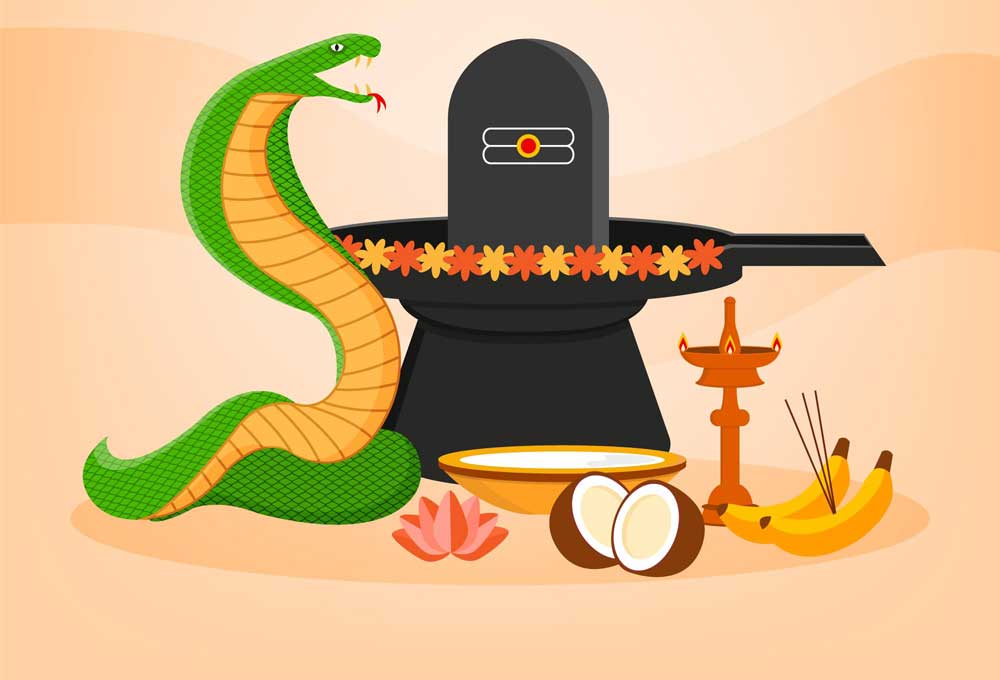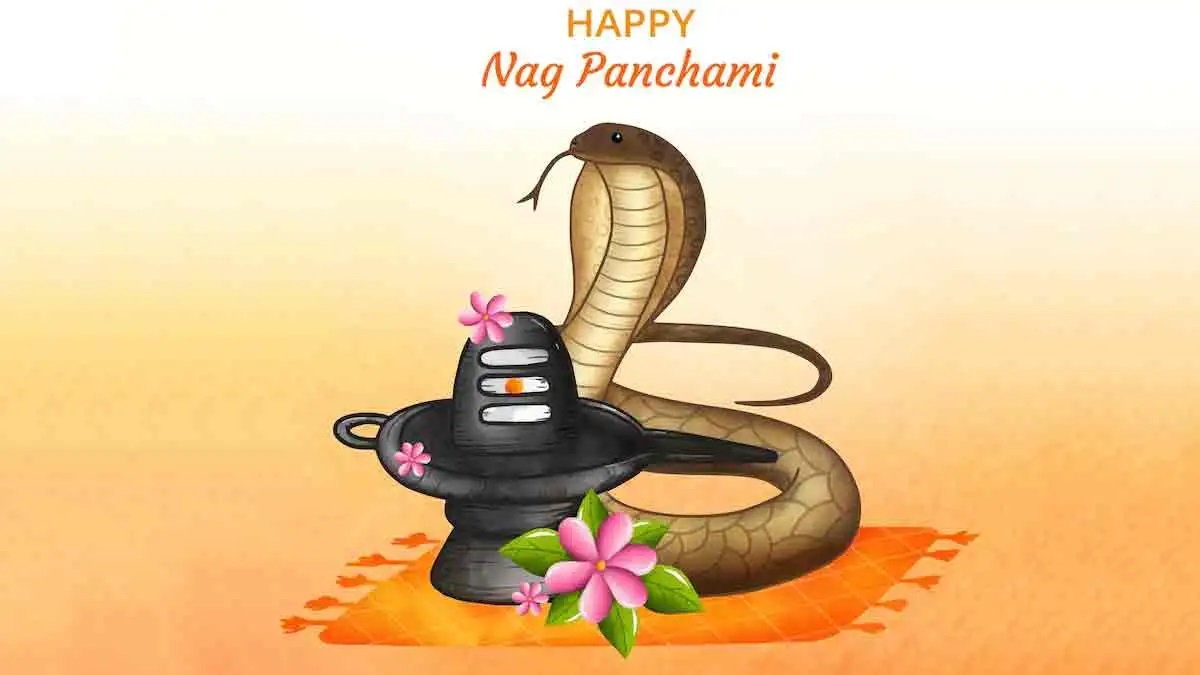The Mythological Significance of Nag Panchami
Nag Panchami, deeply rooted in Hindu mythology, revolves around the worship of 'Nag' or serpents. According to ancient texts, the serpent god Shesha holds the Earth on his hood, while other significant serpent deities include Vasuki, Takshaka, and Ananta. These deities are honored for their roles in Hindu cosmology and their association with Lord Shiva and Lord Vishnu.
One popular legend recounts the story of Lord Krishna, who as a young boy subdued the venomous serpent Kaliya, who was poisoning the Yamuna River. Krishna's dance upon Kaliya's many hoods symbolizes the triumph of good over evil, making Nag Panchami a day to celebrate the power and protection these divine beings offer.

Nag Panchami is celebrated with various rituals that vary across regions, but certain customs remain consistent. Devotees wake up early and visit temples dedicated to serpent gods, where they perform abhishekam (ritual bathing) of serpent idols with milk, water, and other offerings. Flowers, turmeric, sandalwood paste, and rice are also offered, while prayers and mantras are chanted to seek blessings and protection from snake bites and other harms.
In many households, images of snakes are drawn on walls or floors using a mixture of cow dung and clay, which are then worshiped. In some regions, live cobras are venerated and fed with milk and sweets. While this practice has been criticized for animal cruelty, it reflects the deep-seated belief in the sanctity of serpents.
Cultural Variations
The way Nag Panchami is observed can differ greatly across India:
- Maharashtra: Women observe fasts and offer milk to
live cobras. Special fairs and processions are organized in rural areas, where
snake charmers bring cobras to be worshiped.
- Bengal and Assam: In these regions, the festival is
intertwined with the Manasa Puja, dedicated to Manasa, the goddess of snakes.
Devotees offer prayers and conduct rituals to seek her blessings for fertility
and prosperity.
- South India: In states like Karnataka and Andhra Pradesh, ant hills (believed to be abodes of snakes) are worshiped, and offerings of milk and honey are made.

Symbolism and Environmental Awareness
Nag Panchami also carries a strong message of environmental conservation. Serpents play a crucial role in maintaining ecological balance by controlling the population of rodents and other pests. The festival encourages respect for all creatures and fosters a harmonious coexistence with nature.
Modern celebrations have also begun to emphasize the importance of wildlife protection. Many environmentalists use the occasion to raise awareness about the plight of snakes and the need to protect their natural habitats from destruction and pollution.
Conclusion
Nag Panchami, celebrated on August 9, 2024, is a beautiful
amalgamation of devotion, mythology, and environmental consciousness. As people
across India prepare to honor the serpent deities, the festival serves as a
reminder of the intricate connections between mythology, nature, and human
life. Whether through traditional rituals or modern environmental initiatives,
Nag Panchami continues to inspire reverence for the natural world and its many
mysteries.

